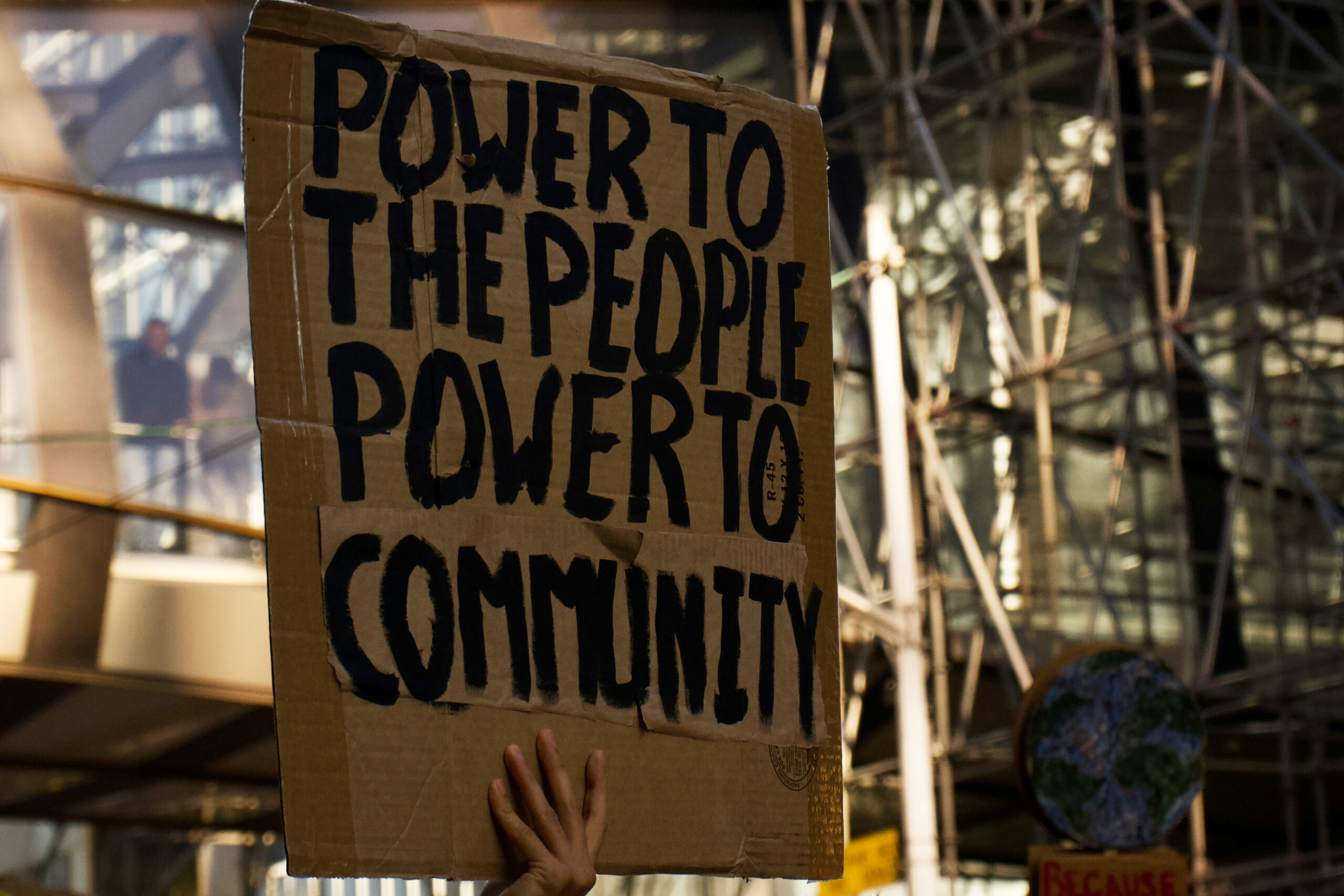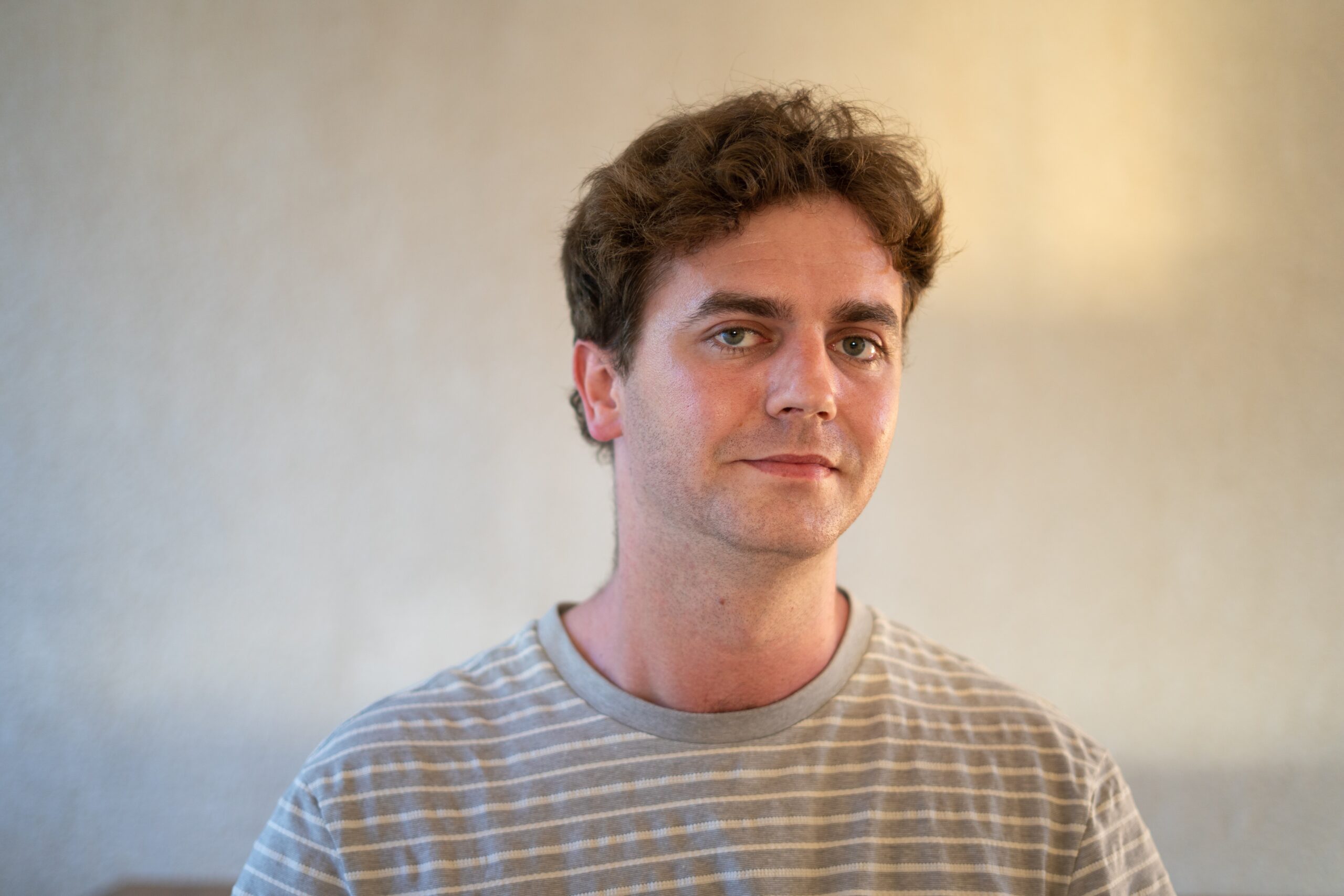Hear from Silas Udenze, a scholar activist from Enugu State, Nigeria and an interdisciplinary postdoctoral researcher at the Open University of Catalunya. In this piece, Silas shares his research and insights from the 10th European Communication Research and Education Association.

Which conference did you attend?
I attended the 10th European Communication Research and Education Association (ECREA) conference, a biennial event that gathers scholars, researchers, and professionals in media and communication studies. The 2024 conference, which I participated in through a travel grant from the Global South Colloquium Fund, took place in Ljubljana, Slovenia, from 24 to 27 October 2024.
This year’s conference was organised in collaboration with the University of Ljubljana, Faculty of Social Science. Around 1,500 participants, including researchers, activists and media professionals from Europe and the Global South, attended the event. I presented a paper titled “Implicit Collective Memory in Social Media Ephemeral Story and How it Fuels Implicit Activism in Nigeria’s EndSARS Movement: A Digital Ethnographic Journey”.
Could you describe your research for us?
My research focuses on the EndSARS movement, a youth-led protest against police brutality in Nigeria. I examine how this movement is remembered and represented through digital platforms such as WhatsApp and Instagram. By looking at the movement through the theoretical lens of memory, I attempt to understand how digital activism shapes collective memory, which is essentially how the stories of this movement are recorded, shared, and remembered for future generations.
The work will reveal how online platforms like WhatsApp and Instagram serve not only as tools for organising protests, but also as archives that preserve the movement’s history. This means the way people talk about and share their experiences online can influence how they remember major events in the long-term, shaping national and global narratives.
How does your research contribute to the field of Global South Studies?
My research contributes to Global South Studies by highlighting how activists in countries like Nigeria use digital tools to challenge authority, resist oppression, and control their own stories. It will highlight that movements from the Global South are not just local struggles but are connected to global conversations about justice, memory, and power. This helps elevate voices from regions often marginalised in global discussions, ensuring their experiences and histories are not overlooked or forgotten.
Why was the ECREA conference important for your PhD?
ECREA offers panels and discussions on media, activism, and digital politics. The conference also provided a robust academic space to debate on how AI is currently shaping digital practices. I spoke with scholars on critical discourses on communication and digital activism, platformisation, and the biases of AI from the context of the Global South. For scholars from the Global South like myself, who are interested in how digital platforms are used for activism in postcolonial contexts, this conference is an important forum highlighting the intersections between local movements and global communication theories.
What did you like about the event?
The atmosphere was dynamic with lively discussions and intellectual exchanges happening in both formal sessions and informal gatherings. One exciting aspect was the focus on digital communication’s role in global activism and social movements, which resonated strongly with my research on digital activism and the EndSARS movement.
The audience was diverse, with many scholars interested in media, communication, and political movements. I was particularly interested in the
I spoke in a Digital Culture and Communication session, of which the key takeaway for me was the emphasis on the longevity of digital movements and how platforms like social media can preserve or distort collective memory. I was keen to learn how global scholars such as Bruce Mustsvairo (of Utrecht University) are approaching the study of social movements and how digital platforms can amplify marginalised voices. In fact, I hope to collaborate with Bruce in the future.
‘I have to say a BIG thank you to the Global South Colloquium Fund (GSCF) committee for finding my application worthy of the travel grant. With the travel grant, I was able to offset my accommodation expenses in Ljubljana. I have recommended it to the Equity, Diversity and Inclusion (EDI) section of ECREA, which I am a member of. Thank you GSCF!’
Silas Udenze
About Silas Udenze
Silas Udenze is an interdisciplinary postdoctoral researcher at Universitat Oberta de Catalunya, Barcelona, Spain. His research interests cut across social movements, digital activism and memory, digital ethnography, African studies, and qualitative methods. He has published in top peer-reviewed journals such as Media, War and Conflict, Memory Studies, Communication and the Public. He is a Research Fellow at the Center of Digital Anthropology (CDA), University College London. He is a member of the Digital Ethnography Working Group (DEWG) at Rutgers University, United States.




